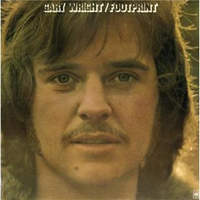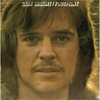

Affinity
100%


| 1. | Give Me the Good Earth | 3m 17s |
| 2. | Two Faced Man | 3m 40s |
| 3. | Love to Survive | 4m 48s |
| 4. | Whether It's Right or Wrong | 5m 8s |
| 5. | Stand for Our Rights | 3m 32s |
| 6. | Fascinating Things | 5m 5s |
| 7. | Forgotten | 4m 2s |
| 8. | If You Treat Someone Right | 4m 50s |
Comments